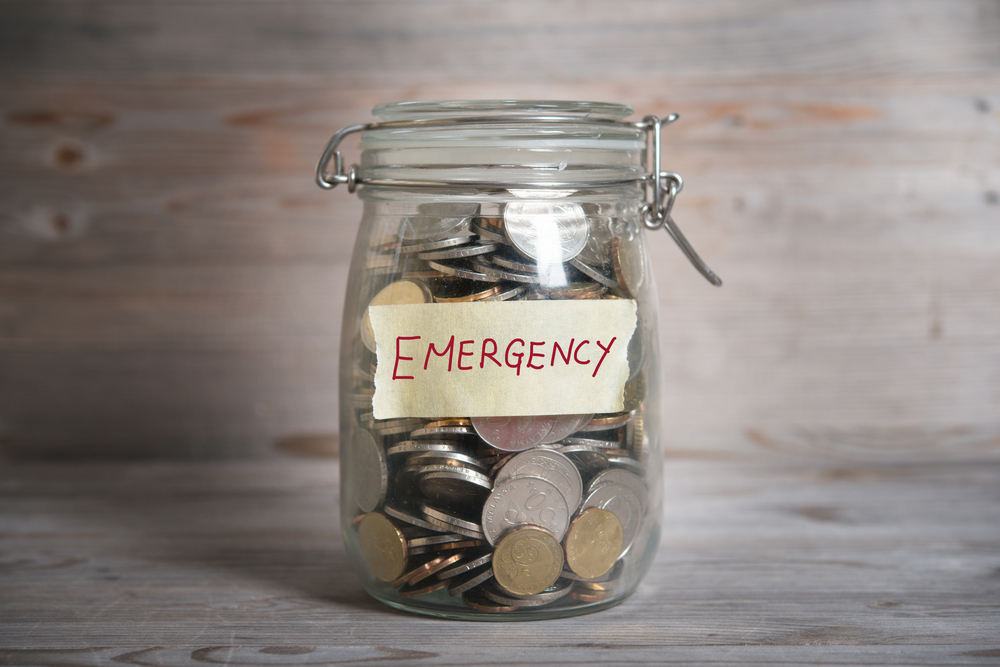The truth is that, even in a two income household, most families are not immune from chaos a financial emergency can cause. From a car that dies unexpectedly half way between the school drop off and the office, to the dog that was fine yesterday but seems terribly sick today and in need of an emergency vet to larger crises like a sudden loss of income thanks to an unexpected illness or injury the simple fact is that a financial crisis can strike at any time.
While such things cannot be predicted – for example, if you’d known you were going to get into a car accident you’d already have the number of a Pittsburgh personal injury lawyer on hand and a claim form pre filled, but life and luck don’t work like that. The one thing you can do however is make having an emergency fund a priority to help you cope financially with these kinds of curve balls.
Unfortunately, for many working mothers already balancing a tight budget, the idea of being able to put away extra cash for a stormy day seems like an unattainable goal. It can, however, be done, as long as you go about it in the right way. Here are just a few pointers to help you get that all-important emergency fund started and then grow it in the right way.
Revisit Your Monthly Budget
Set aside an hour to go through your bank and credit card statements form the last six months and actively look for ways you could cut a little fat from your monthly budget to set aside for an emergency fund. You don’t have to look for hundreds of dollars, especially as the chances are that that amount is simply not there, but even a commitment to save $20 a week can make a huge difference if that money is then invested the right way.
It is pretty likely you can find that, by making simple, relatively painless changes like opting for generic brands at the grocery store instead of pricier brands or shaving a few channels (the ones that you know only the cat watches when everyone is out) by going down a tier on your cable service.
Keep Emergency Funds Separate
If you simply deposit your emergency savings dollars into your standard savings account there is a good chance it won’t stay there too long and it simply won’t be working hard enough either. Take some time to look for a savings account that offers a good interest rate and then only use that account for these emergency funds and nothing else. If your credit is reasonably good you may even want to consider getting a new credit card, but not using it, keeping it on ice until you really need it.
Be Clear About What a Financial Emergency Really Is
Unplanned splurges like a last minute family vacation or a new big screen TV are not financial emergencies. They are nice things to have and are worth saving up for if you can, but any funds saved for those kinds of expenses should be kept separate from your real emergency fund.
Keep Building
An emergency funds takes time to build, but doing so is a great way to give yourself – and your family – a little piece of mind in an uncertain world and in many ways that’s pretty priceless. Don’t set a cut off point for your fund either. Keep depositing that monthly ‘payment’ and if you never really need it that’s great, but at least it will be there if you do.
